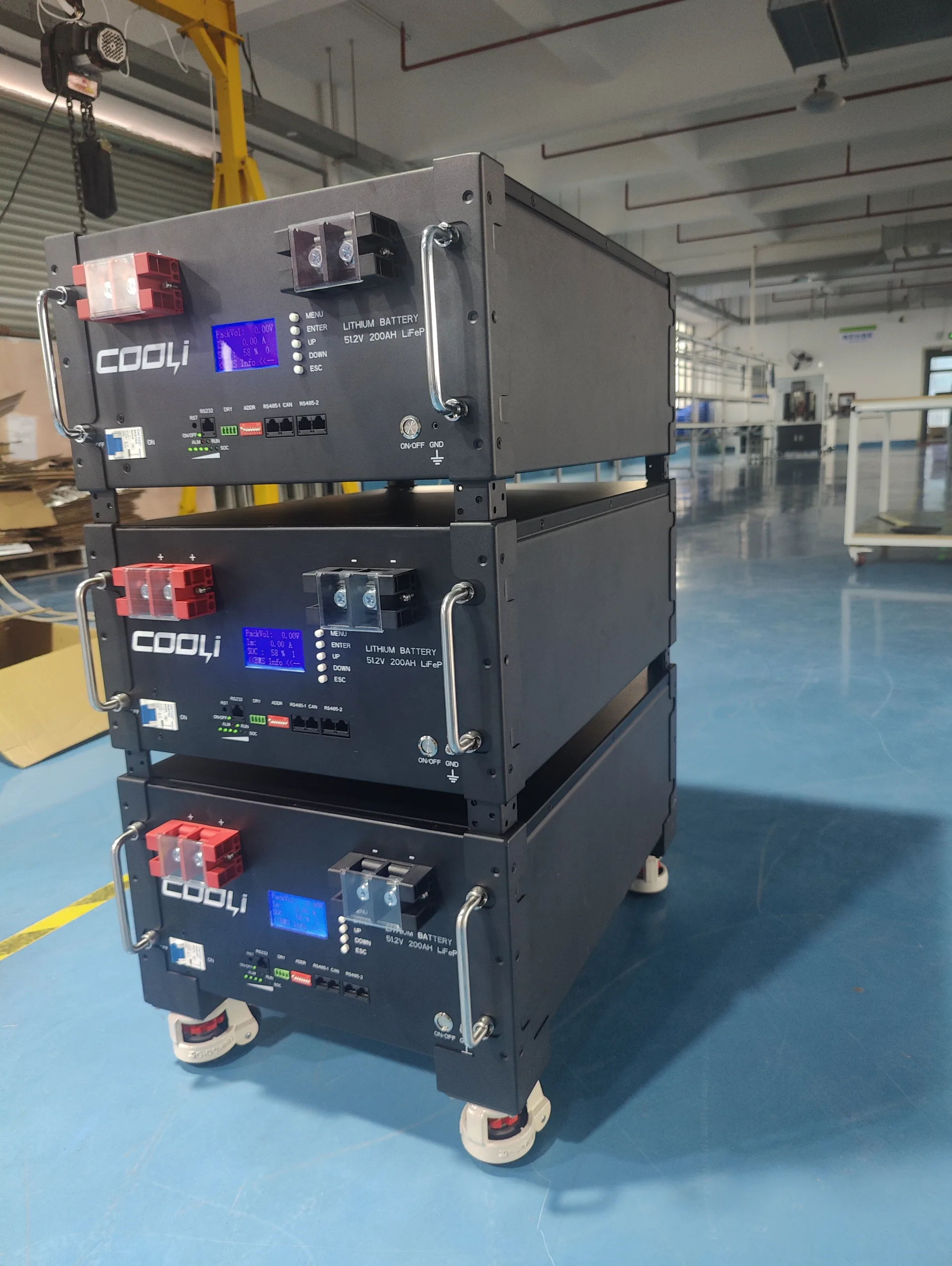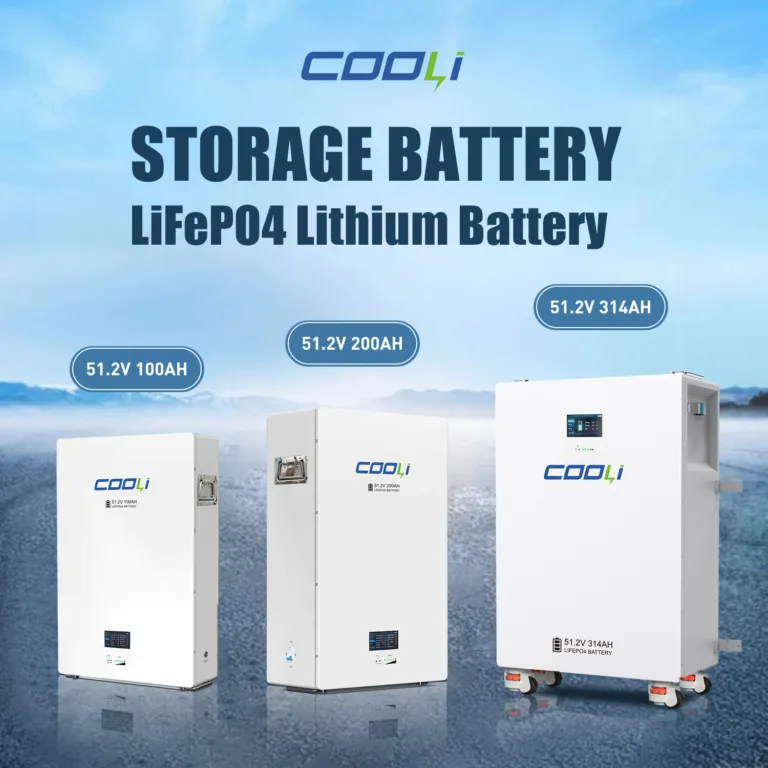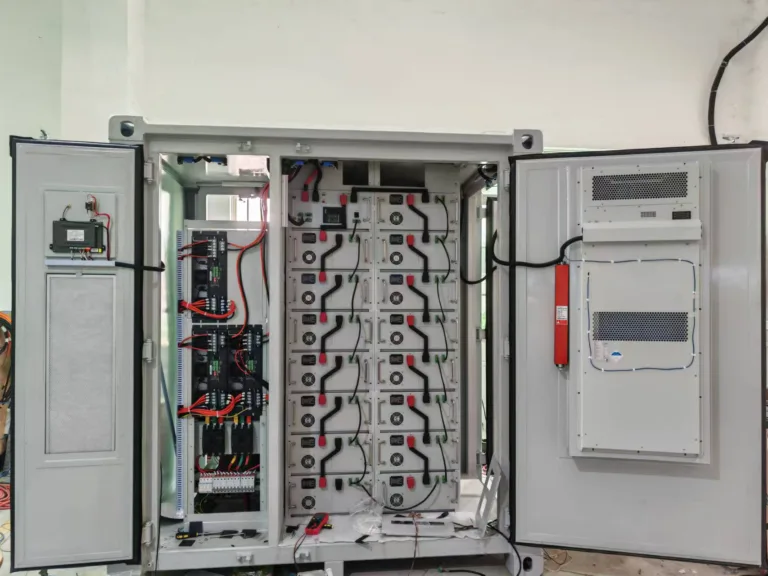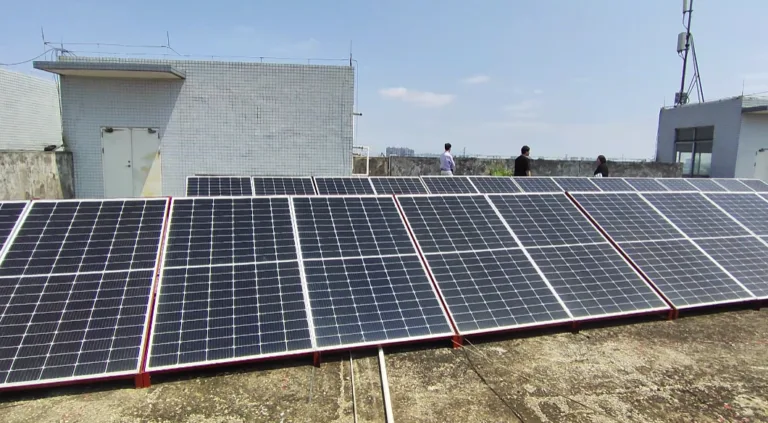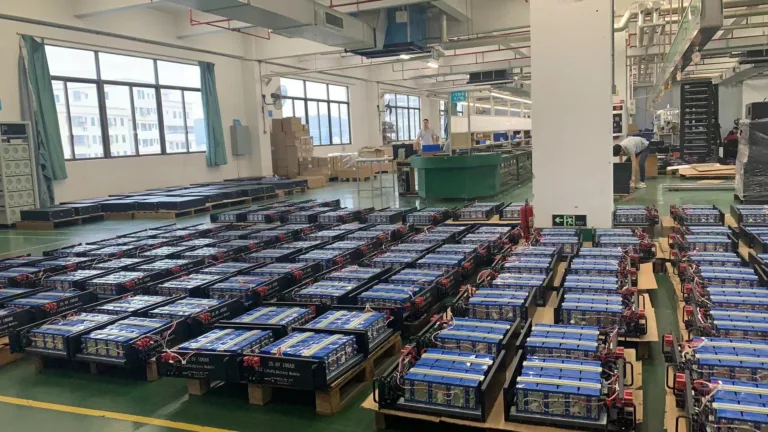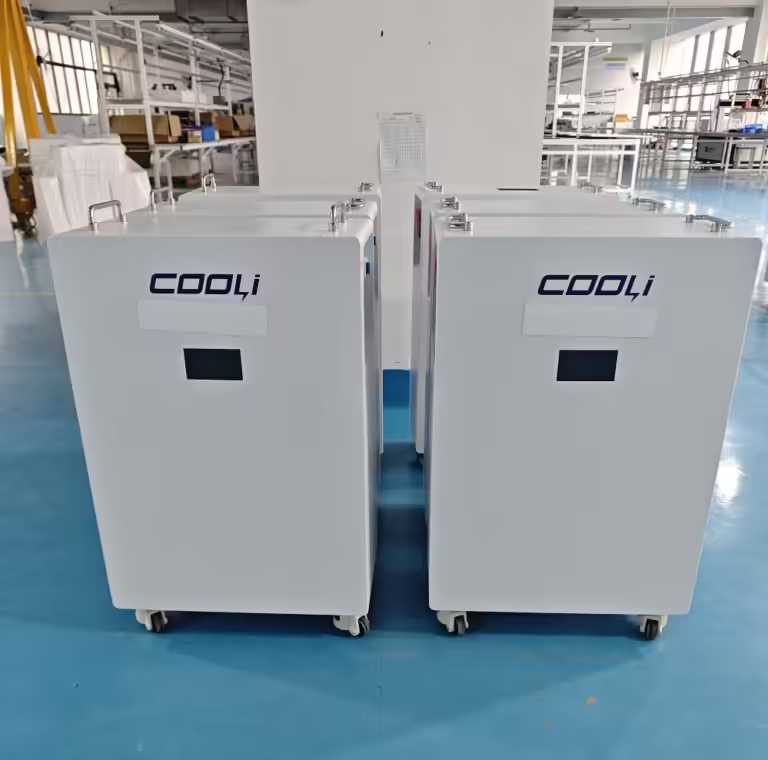Top 5 Home Batteries for Dutch Families: 10kWh+ Power in 2025!
The Ultimate Guide to 10kWh+ Home Batteries for Dutch Families (2025)
Is your large family tired of soaring energy bills and grid outages? For Dutch households with high electricity demands, a 10kWh+ home battery isn’t a luxury—it’s a strategic investment in resilience and savings. With energy prices fluctuating and solar adoption rising, choosing the right large-capacity battery system is critical. This guide cuts through the noise to reveal the best systems and true costs for 2025.
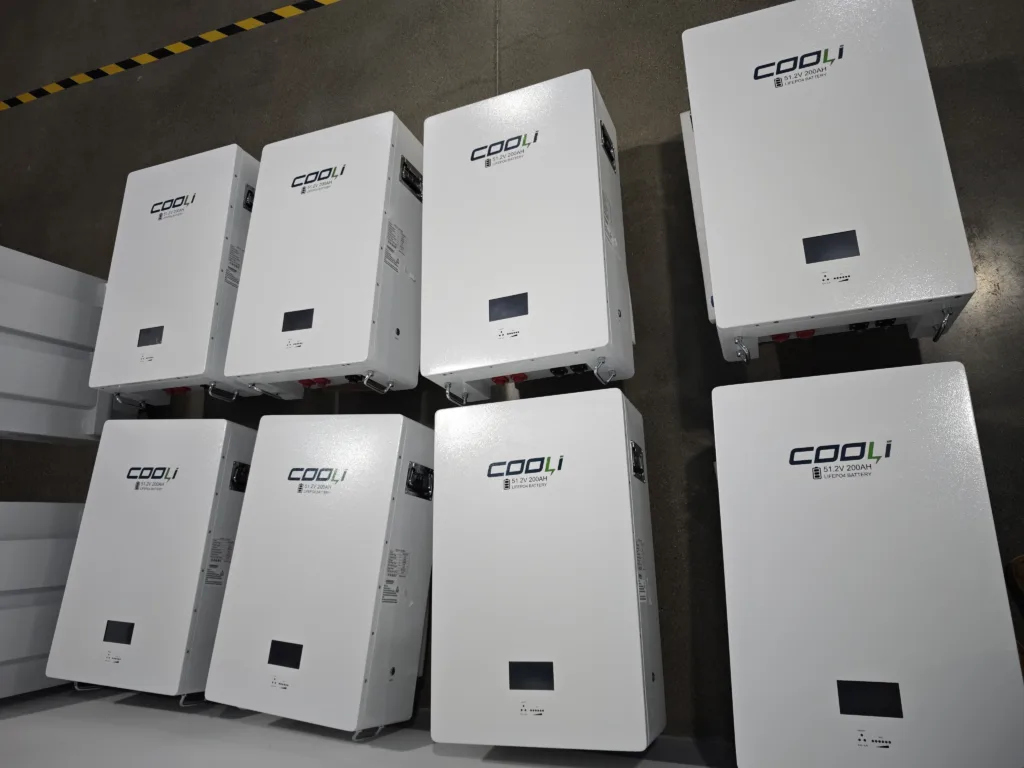
Why 10kWh+ Batteries Are Essential for Large Families
Large families typically consume 20–40 kWh daily. While solar panels offset daytime usage, energy-hungry evenings require robust storage. A 10kWh battery powers essentials for 8–12 hours—covering refrigerators, multiple AC units, lighting, electronics, and cooking appliances. For Dutch homes facing dynamic tariffs or frequent outages, this capacity ensures uninterrupted operation during peak hours or blackouts.
Cost Breakdown: 10kWh Battery Investments in 2025
Upfront Pricing
- Base Unit Cost: €5,000–€8,500 for a quality 10kWh LiFePO4 system (e.g., BSLBATT PowerLine, Tesla Powerwall equivalents).
- Hybrid System Integration: Adding solar panels and inverters raises total costs to €18,000–€30,000.
Hidden Savings & Incentives
- Dutch Subsidies: While the new Australian Cheaper Home Batteries Program (July 2025 launch) offers €372/kWh rebates, Netherlands residents should check local schemes like Energiebespaarlening (energy-saving loans) or *SDE++*.
- ROI Timeline: Most families recoup costs in 4–6 years through:
- 70–90% grid independence
- Avoided peak tariffs
- Virtual Power Plant (VPP) income (e.g., feeding surplus to grid)
Top 5 Home Batteries for Large Families (10kWh+)
Here’s a comparison of 2025’s top-performing systems:
| Product | Capacity | Key Features | Best For | Price Range |
|---|---|---|---|---|
| BLUETTI AC500 + B300S | Expandable up to 36kWh | 10kW output, 6x battery modularity, 5,000W solar input | Families needing outage-proof backup | €7,500+ (base) |
| BSLBATT PowerLine-10 | 10.24kWh | 8,000 cycles, 15-year warranty, IP65 rating | Long-term value seekers | €5,200–€6,800 |
| BioLite Backup Stack | Up to 10.5kWh | 2.8″ thin design, hidden installation | Space-constrained homes | €1,100 per 1.5kWh unit |
| Cooli (CLR51.2-100/200/314) | 5kWh modular | Plug-and-play, 30% cheaper than traditional | Budget-conscious upgraders | €410+ per unit |
| Tesla Powerwall 3 | 11.5kWh | VPP-ready, 10kW output | Smart-home integration | €8,000+ |
- BLUETTI AC500 & B300S
Scalable from 3kWh to 36kWh, this modular giant delivers 10kW output—enough to run heavy appliances simultaneously. Its ultra-fast 8000W charging (50 mins to 80%) suits families with EVs or high solar input. - BSLBATT PowerLine-10
With 8,000 cycles and a 15-year warranty, this IP65-rated wall-mounted unit thrives in humid climates. Its ultra-thin profile (11cm depth) saves space, while 15-unit parallel support enables massive 153kWh expansion. - BioLite Backup Stack
Invisibility meets flexibility. At just 2.8 inches thick, it hides behind furniture or under beds. Start with 1.5kWh and scale to 10.5kWh modularly—ideal for apartments or compact Dutch homes. - Cooli (CLR51.2-100/200/314)
Part of the “Easy Home Energy Storage” line, this 5kWh unit hits 2200W output. Its genius? Single-cable GaN tech slashes installation complexity and cost by 30%. - Tesla Powerwall 3
The VPP-ready benchmark. Though pricier, its smart-grid integration and 10kW surge power justify the cost for tech-forward families.
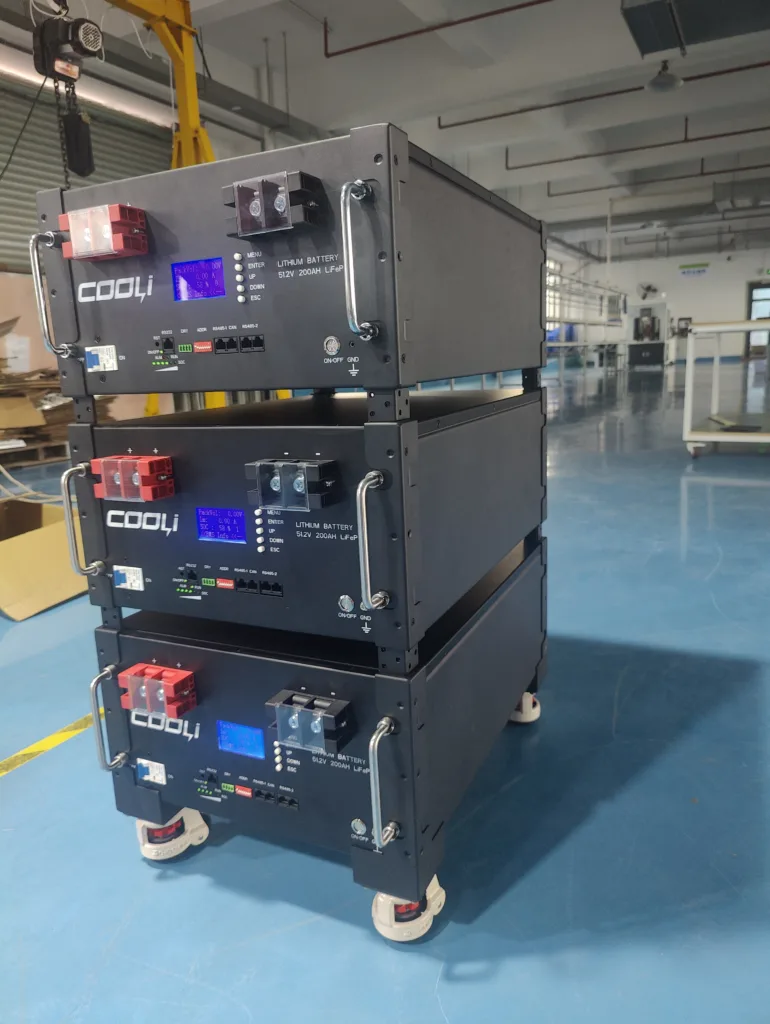
Critical Buying Considerations for Dutch Households
- Climate Resilience: Opt for IP65-rated batteries (e.g., BSLBATT) to withstand Netherlands’ humidity. Non-IP units risk corrosion.
- Modularity: Prefer stackable systems (BLUETTI, BioLite) for gradual capacity upgrades as family needs grow.
- VPP Compatibility: Dutch energy programs reward grid interaction. Ensure your battery supports VPP control.
- Warranty: Match battery lifespan to solar panels—10+ years is ideal (e.g., BSLBATT’s 15-year coverage).
Installation & Maintenance Tips
- Location: Install in ventilated, shaded areas (e.g., garages). Avoid direct sun or damp basements9.
- Cabling: Use 70mm+ thick cables to prevent voltage drop under heavy loads.
- Software: Regularly update inverter firmware for optimal tariff-synced charging.
- Maintenance: Clean terminals quarterly; store at 40–50% charge if unused >1 month.
The Future: What’s Next for Home Batteries?
2025 trends favor simplicity and power density:
- Single-cell systems (like Kale Solar’s 500W/cell units) will hit 1000W per cell soon.
- AI-driven energy arbitrage will automate charging during cheap off-peak periods.
- “Invisible batteries” (ultra-thin, camouflaged designs) will dominate urban markets.
Final Advice for Dutch Families
Prioritize modularity, warranty, and IP-rating over upfront cost. For most large households:
- ⚡ Best Overall: BLUETTI AC500 (for scalability and raw power)
- ⚡ Budget Pick: Kale Solar Cola3600 (for easy DIY expansion)
- ⚡ Space-Saver: BioLite Backup (for apartments/row houses)
Invest wisely—your battery should outlast your toddler’s teenage years. Pair it with solar panels and dynamic energy contracts to maximize ROI. With Europe’s energy transition accelerating, there’s never been a better time to take control.

